Let’s Talk About it: The Importance of Mathematical Conversation
Last year at Detroit Prep, we (a crew of math educators) came together and created a large-scale goal for our student mathematicians.
“When teachers at Detroit Prep teach ensure equitable access to mathematical content, facilitate authentic student discourse and focus on real word application, then students will make viable arguments, critique the reasoning of their peers, articulate their mathematical reasoning and cultivate a mathematical identity.”
Here's the gist. We want our students to be able to talk about math. To be able to defend their thinking and explain logically how they obtained the correct answer and why/how they know it is correct. More importantly, be able to talk about math and how it pertains to the real world and their lives.
Math as Discourse and Debate
So many of us, as adults, are a part of book clubs. We spend time talking about what we've read with a critical lens. This concept was taught to us in school. It was expected that after we read a book, we would then talk or write about what we read. This should absolutely be happening in math too. They should be answering questions like:
How did you solve the problem?
What strategies helped you to solve this problem?
Why did you use that strategy?
How is your strategy similar or different to your friends?
Could you solve the problem in a different way? How?
What steps did you take to find your solution?
Why does your solution make sense?
Talking and writing about math allows students to understand mathematical concepts at the deepest level. Students should be able to explain their thinking to their peers in a way that authentically creates space for student voice and debate. This might sound like:
I disagree with your answer, can you explain your thinking?
I would like to add your thoughts by…
I agree with your work, but I solved it in a different way…
I agree with your solution, but how did you solve it?
We want students to spend more time discussing their process and strategies and less time sharing correct answers. What is stopping us from starting math lessons with a heated debate that leads into student led mathematical discourse?
Math as a Collaborative process
So often, we think of math as a solo endeavor. Many of us might remember sitting in math class silently working on problems alone. The truth is, students learn an incredible amount from working with their peers, seeing the mistakes of others and collaborating on finding mathematical solutions. Math is never silent in my classroom, and I would argue that it shouldn't be in any classroom, ever! If we want students to learn from each other, to ask good questions and feel comfortable making mistakes; then we must make math collaborative. Our favorite way to teach math is sitting on the big carpet in a circle, white boards in hand, deep in discussion and debate. Our math is not a secret. The more we share our strategies and ways of thinking, the more we're going to learn.
The Creation of a Mathematical Identity
One of the hardest things to teach students is self reflection. It can be challenging for students to be able to identify their own strengths and growth areas when it comes to academics. We want students to know themselves as mathematicians, be able to verbalize the concepts that they’ve mastered and questions that they still have. This takes a lot of practice and as teachers, we must create space for this to happen. If students can talk about what's still difficult, it means that they have the agency to advocate for themselves. In the classroom, this sounds like:
I am really strong at X math concepts…
I can help you with that, I know I am good at X…
My goal is to get better at X….
I need support, I am confused about X….
My growth area is X, here are my next steps…
As our students get older, teachers will spend less time checking in to make sure they are on the right track. We want to create high school and college students that know when they need to ask for support and advocate for their needs. As our students enter 6th-8th grade, teachers need to continue to facilitate a space for them to have mathematical discourse and debate. This discourse allows students the opportunity to learn how to advocate for themselves and be vulnerable enough to ask for support, which wanes as they get older out of fear of being ridiculed. We use math in our everyday lives and having a strong foundation in mathematical concepts will propel our students into the change makers and future leaders.
What comes next…
Now comes the work. We've already made massive gains when it comes to students at all grade levels explaining their thinking, asking strong mathematical questions, and examining the work of their peers. We are well on our way to students seeing and understanding math as a collaborative process, one that is never fully complete. As this work continues, we hope that students get to know themselves as mathematicians; their strengths and more importantly their areas of growth. This is where the hard work lies, and were so ready to TALK ABOUT IT.


